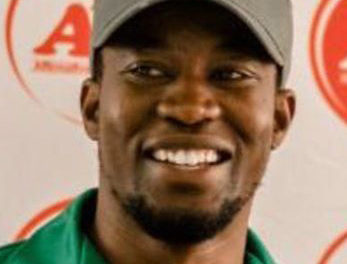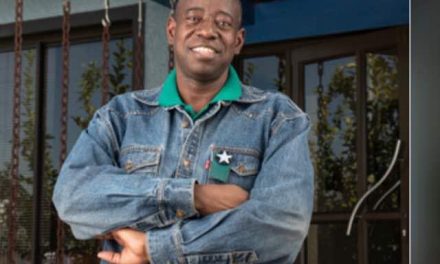
A democratic nation for all
The 2009 national elections left sour taste amongst the pallets of young Namibian democrats.
Nine opposition parties brought a legal challenge over the conduct and the outcome of that November’s contest. In addition to the prolonged court case that bounced between the High Court and the Supreme Court, some opposition parties refused to take their seats until the legal challenge
was addressed by the High Court. Politicians and activists have weighed in on the subject, but what did the Namibian public think about the process?
Round 5 of the Afrobarometer public opinion survey gives a broad wave of perceptions on various matters but admittedly sheds profitable light on the subject of the election process. Several questions open up different views that the public holds concerning democratic elections in Namibia. Sample question 28 of the survey provided the backbone fore the questions context: On the whole, how would you rate the freeness and fairness of the last national election? The 2012 responses were in line with the overall trend since 1999 of Namibians seeing their elections as generally free and fair.
Namibians’ support for multiple parties in the political system seems to have rebounded from earlier declines. In 2012, 79% of respondents either agreed or strongly agreed that “leaders should be chosen through regular, open and honest elections”. This is up from 57% in 2008 and even higher than the percentage who prefer democracy as a system of government (64% again in 2012). Elections have become critical for Namibians, but so have political parties. 72% of Namibians agreed or strongly agreed in 2012 that “many parties were necessary to give voters real choices in who will govern them.”
Namibians also retained trust in the Electoral Commission of Namibia in 2012, though this number was also down slightly against previous surveys. The 2009 election challenge did not dramatically erode public confidence in the Namibian election process. Finally, actual voting behaviour is important for democratic consolidation. When asked if they voted in the last national election (2009), 69% indicated that they had voted, up from 63% saying so in 2008. Removing the number of respondents who were too young to vote at that time, the rate climbs to 80% turnout. This is in line with international and national estimates. According to their responses in the latest Afrobarometer survey, Namibians value political parties and elections as an important component of democracy. They also remain optimistic about the future of continued democratic consolidation with 60% wanting it to be “completely democratic” and another 31% wanting it to be very close to that.









































